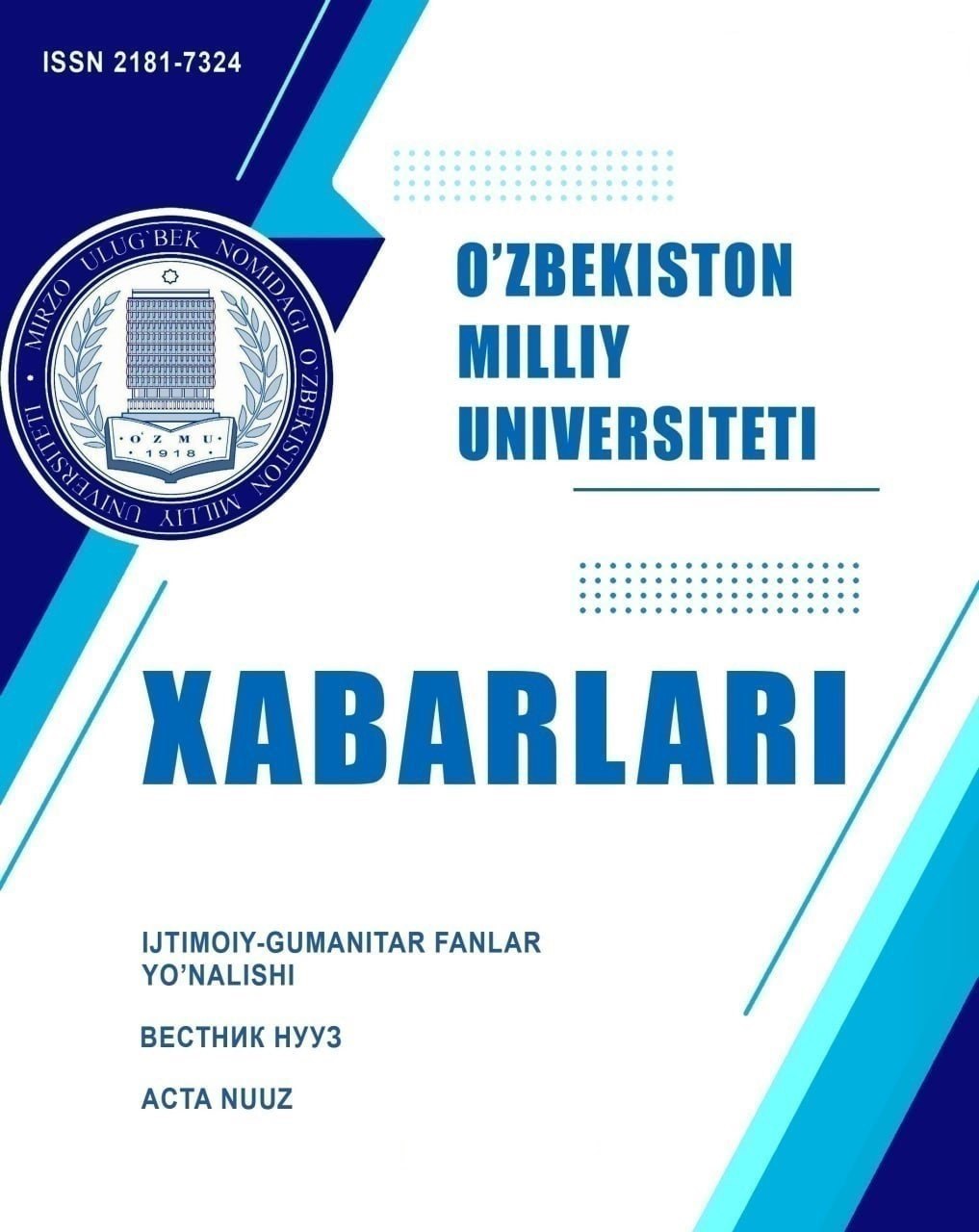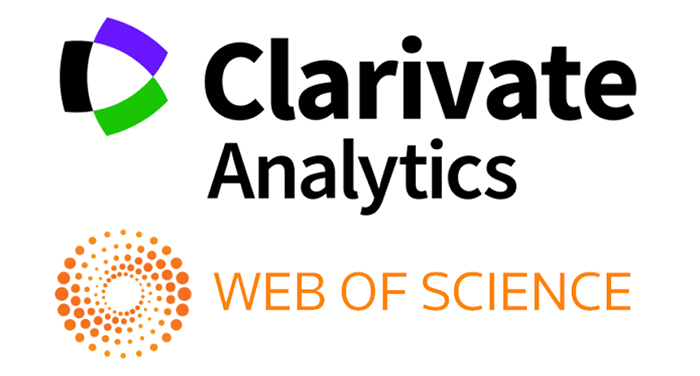EMOTSIONAL INTELLEKT – O‘SMIRLARNING MUVAFFAQIYATLI IJTIMOIYLASHUVINI PSIXOLOGIK OMILLARI
"Maqola"
Emotsional intellekt – o‘smirlarning muvaffaqiyatli ijtimoiylashuvini psixologik omillari yortilgan bo‘lib, shuningdek, emotsional intellektning asosiy komponentlari bo‘lgan o‘z-o‘zini anglash, boshqarish, empatiya va ijtimoiy ko‘nikmalar o‘smirlarning har tomonlama rivojlanish jarayonlari bayyon qilingan.
References
Goleman, D. (1995). Emotional Intelligence: Why It Can Matter More Than IQ. Bantam Books.
Mayer, J. D., Salovey, P., & Caruso, D. R. (2004). Emotional Intelligence: Theory, Findings, and Implications. Psychological Inquiry, 15(3), 197-215.
Bar-On, R. (1997). Bar-On Emotional Quotient Inventory (EQ-i): Technical Manual. Multi-Health Systems.
Schutte, N. S., Malouff, J. M., Simunek, M., Hollander, S., & Barlow, P. (2002). Emotional Intelligence and Interpersonal Relations. The Journal of Social Psychology, 142(6), 687-698.
Brackett, M. A., & Katulak, N. A. (2006). Emotional Intelligence in the Classroom: Skills that Promote Student Achievement*. In A. C. Cohen (Ed.), Handbook of Emotional Intelligence: Theory, Development, Assessment, and Application at Home, School, and in the Workplace (pp. 100-116). Jossey-Bass.
Parker, J. D. A., Summerfeldt, L. J., Hogan, M. J., & Majeski, S. A. (2004). Emotional Intelligence and Academic Achievement: Predicting the Development of Social Competence. Journal of Psychoeducational Assessment, 22(3), 189-202.
Zins, J. E., Bloodworth, M. R., Weissberg, R. P., & Walberg, H. J. (2007). The Scientific Base Linking Social and Emotional Learning to School Success. Theory into Practice, 46(3), 216-226.
Havard, L.(2011). Emotional Intelligence and Leadership: A Review of the Literature. International Journal of Business and Social Science, 2(7), 118-126.
Palmer, B., & Stough, C. (2001). Emotional Intelligence and the Leadership of Teams. Journal of Management Development, 20(4), 304318.
Saarni, C. (1999). The Development of Emotional Competence. Guilford Press.
XOLOV, S. (2024). IQTISODIY TARAQQIYOT MAZMUNI, MEZONLARI VA AHAMIYATI. News of the NUUz, 1(1.9. 1), 217-220.
XOSHIMOVA, D. (2024). USING TYPES OF TRANSLATION WITH INTER-ACTIVE METHODS DURING ENGLISH LESSONS. News of the NUUz, 1(1.9. 1), 221-222.
SHAMURATOVA, N. (2024). TA’LIM SIFATINI YAXSHILASHDA TALABALARNING MUSTAQIL TA’LIM OLISH KO ‘NIKMALARINI SHAKLLANTIRISH MEXANIZMI. News of the NUUz, 1(1.9. 1), 229-230.
Copyright (c) 2024 O‘zMU xabarlari

This work is licensed under a Creative Commons Attribution-NonCommercial-ShareAlike 4.0 International License.


.jpg)

.png)







